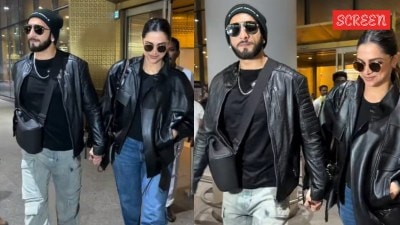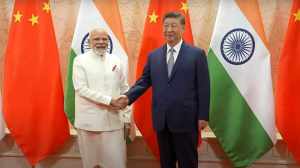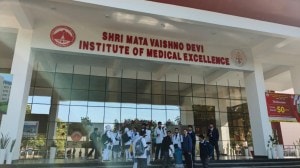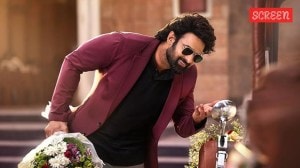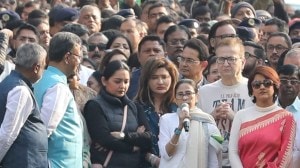Alexander counters L-G146;s charges
In a fresh twist to the Nanavati Commission8217;s inquiry into the 1984 massacre, two top government functionaries have come out with confl...

In a fresh twist to the Nanavati Commission8217;s inquiry into the 1984 massacre, two top government functionaries have come out with conflicting versions of whether a meeting was held in the Prime Minister8217;s Office on the morning of November 1 when the killings had just begun.
Then principal secretary to the Prime Minister, P.C. Alexander, today denied that such a meeting took place, as claimed by then Lt Governor of Delhi P.G. Gavai. Calling it 8216;8216;an incredible story8217;8217;, Alexander pooh-poohed Gavai8217;s allegation that after the meeting around 11.30 am, he had delayed calling in the Army until the evening of November 1.
Alexander was responding to The Indian Express report on an affidavit filed by Gavai before the Justice G.T. Nanavati Commission, claiming the Army had been called in late despite the Lt Governor8217;s repeated requests for its deployment to check the killings.
Contending that neither he nor Rajiv Gandhi had received any such proposal from Gavai, Alexander said, on the contrary, the Army had been called at his Alexander8217;s initiative and that of then CS Krishnaswami Rao Saheb.
In tomorrow8217;s hearing of the Nanavati Commission, the Carnage Justice Committee, representing Sikhs, plans to request that Alexander be summoned to explain why he had not allowed Gavai to call the Army at the beginning of the carnage. 8216;8216;I have nothing to hide. If I am legally obliged to explain anything concerning my work, I will be more than happy to do so,8217;8217; Alexander said.
As for Gavai8217;s affidavit, Alexander said: 8216;8216;I am absolutely at a loss to understand why he made up such an incredible story about me.8217;8217; He said Gavai8217;s claim of a meeting at 11.30 am at the PMO was 8216;8216;implausible8217;8217; on at least three counts:
8226; Alexander stood 8216;8216;by the side of8217;8217; Rajiv Gandhi till 12.30 pm in Teen Murti Bhawan where Indira Gandhi8217;s body lay in state.
8226; The principal secretary to the Prime Minister could not possibly have chaired a meeting attended by then home minister P.V. Narasimha Rao.
8226; He Alexander could not have overruled Rao and delayed calling in the Army, as claimed by Gavai
- 01
- 02
- 03
- 04
- 05


